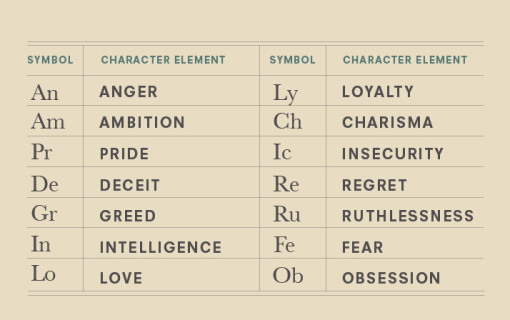You may have noticed that this blog was down this past Friday. In fact, you may have noticed that a bunch of sites were down that day, and I'll tell you why. When I first switched to HostGator, everything was fine and dandy. HostGator is was known to be one of the very few RELIABLE web hosts with affordable "UNLIMITED!" shared hosting plans. But in the past few months, I started noticing more lagging and time-outs. There were even a few downtimes, and then...
Continue readingThere have been so many life-changing, and potentially life-changing events going on lately that I’ve been one big ball of emotions. I’ve even taken a pregnancy test because I can’t remember being this emotional and not being pregnant! (And no, I’m not pregnant.)
Additionally, this blog is currently in the process of moving to a new web host. (More on why in a later post.) This has been going on since Friday — 5 days ago! — but my old host is being a dick and making the migration process as slow as possible. And I don’t have the time or energy to fight them. So please bear with me as the transfer continues.
But wait! My It Can Wait giveaway, featuring a prize pack worth $600(!), is still underway. Have you entered yet?
And, to celebrate the return, and mourn the beginning of the end of Breaking Bad, I wanted to share with you these pieces from Shutterstock, where stock artwork from various artists are used to create Bad Chemistry: The Character Elements of Breaking Bad. While I don’t exactly agree with all the analyses (e.g., I don’t think Skyler is that innocent), you can see that some of them are supposed to be humorous generalizations (see: Walt Jr.). Enjoy!
When most people look at 124,500 square feet of abandoned warehouse space, they probably see nothing more than the establishment it once contained — a Walmart, in this case.
But when the architecture firm of Meyer, Scherer & Rockcastle saw the building, they saw potential.
Take a look at these stunning photos from the end product. The McAllen Main Library (of McAllen, TX) is not only functional — with separate community and meeting rooms, a space dedicated to computers, and a staff area — but beautiful as well. The design is clean and modern, yet warm and inviting at the same time. It is a library built for today.
Confession: I have texted while driving. Have you? (YES, texting at a red light counts!) If you have, consider this sobering fact: more than 100,000 crashes a year involve drivers who are texting. Wanna know something that's even more alarming? Nearly half of all adult commuters and 43% of teens admit to texting while driving (TWD). And, as the highest consumers of smartphones, Asian-Americans are at an increased risk to the dangers of texting while driving. (But don't think that just because you're not Asian, you can get away with it!) This needs to stop. NOW. AT&T's It Can Wait campaign seeks to do exactly that by asking drivers to take a pledge to never text and drive. When AT&T contacted me about promoting the It Can Wait...
Continue readingLast month I shared with you some concept sketches of Disney characters. And today, I give you the early character sketches of famous movies, compiled by the good folks over at Screen Crush.
Take a look — Yoda could have looked like a garden gnome, and the original Jabba looks even more turd-y than the version we all love to hate. Bane seems to be an S&M dungeon master, while the two versions of Ralph (of “Wreck-It” fame) looks nothing like. I do, however, prefer the earlier designs of the Kraken and the Mad Hatter to their final forms. What do you think? (Warning: many images up ahead!)









